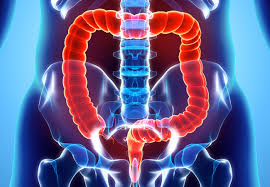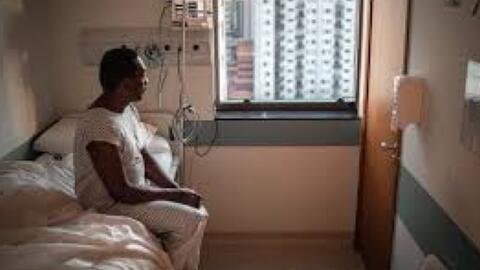By: Tracie Carter, RLS Media
As we come to the end of March, we want take another opportunity to highlight the importance of screening for colorectal cancer, as well as to promote healthy lifestyle habits that can decrease a person's risk of developing cancer of the colon, rectum, or anus – the three distinct cancer types referred to collectively as colorectal cancer.
After learning that Colorectal cancer disproportionately affects the Black community, where the rates are the highest of any racial/ethnic group in the US. African Americans are about 20% more likely to get colorectal cancer and about 40% more likely to die from it than most other groups, the American Cancer Society wrote in a September 2020 report.
"The reasons for the differences are complex, but they largely reflect differences in risk factors and in health care access, both of which are related to socioeconomic status. -American Cancer Society
In some discouraging statistics, The American Cancer Society said about 224,080 new cancer cases and 73,680 cancer deaths are expected to occur among Black people this year alone.
Black people have the highest death rate and shortest survival of any racial/ethnic group in the United States for most cancers.
On August 28, 2020, the passing of Mr. Chadwick Boseman, the talented actor best known for his portrayal of the superhero Black Panther, at the age of 43 came as a surprise and shock to many. For a seemingly healthy, relatively young man to die from colorectal cancer seems almost incomprehensible.
According to the Center for Disease Control (CDC), Colorectal cancer almost always develops from precancerous polyps (abnormal growths) in the colon or rectum.

The CDC said Screening tests could find precancerous polyps so that they can be removed before they turn into cancer. Screening tests can also find colorectal cancer early when treatment works best.
